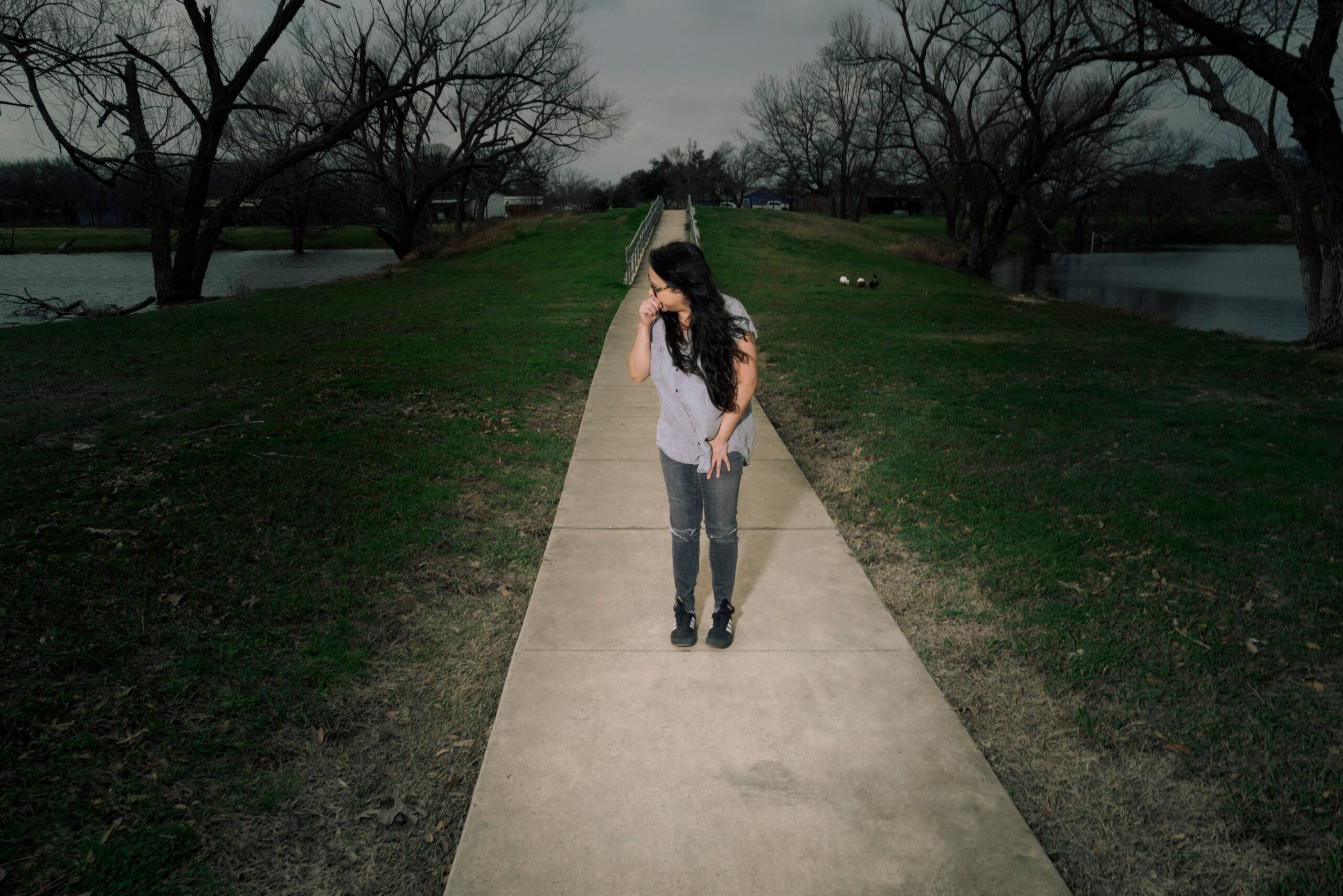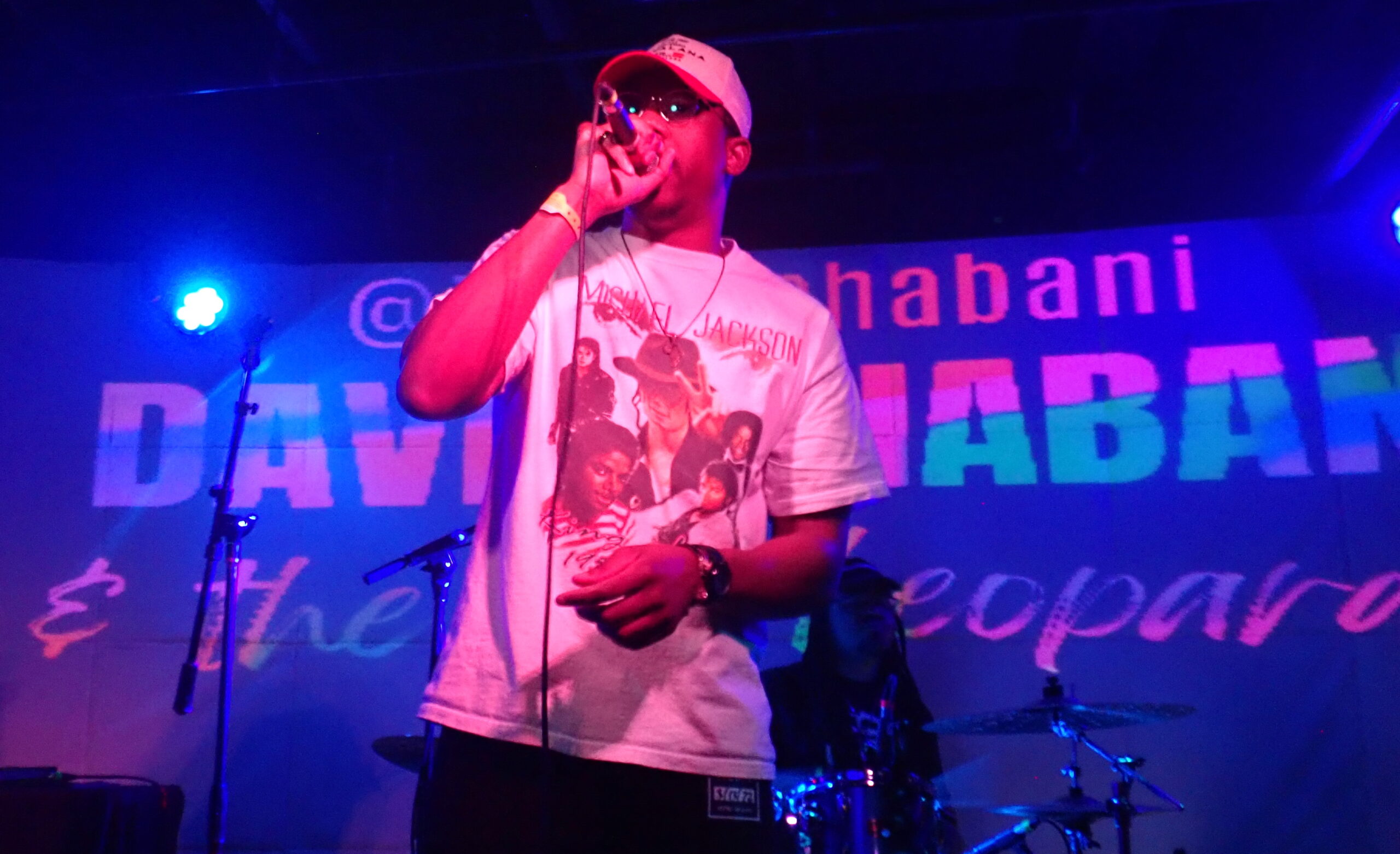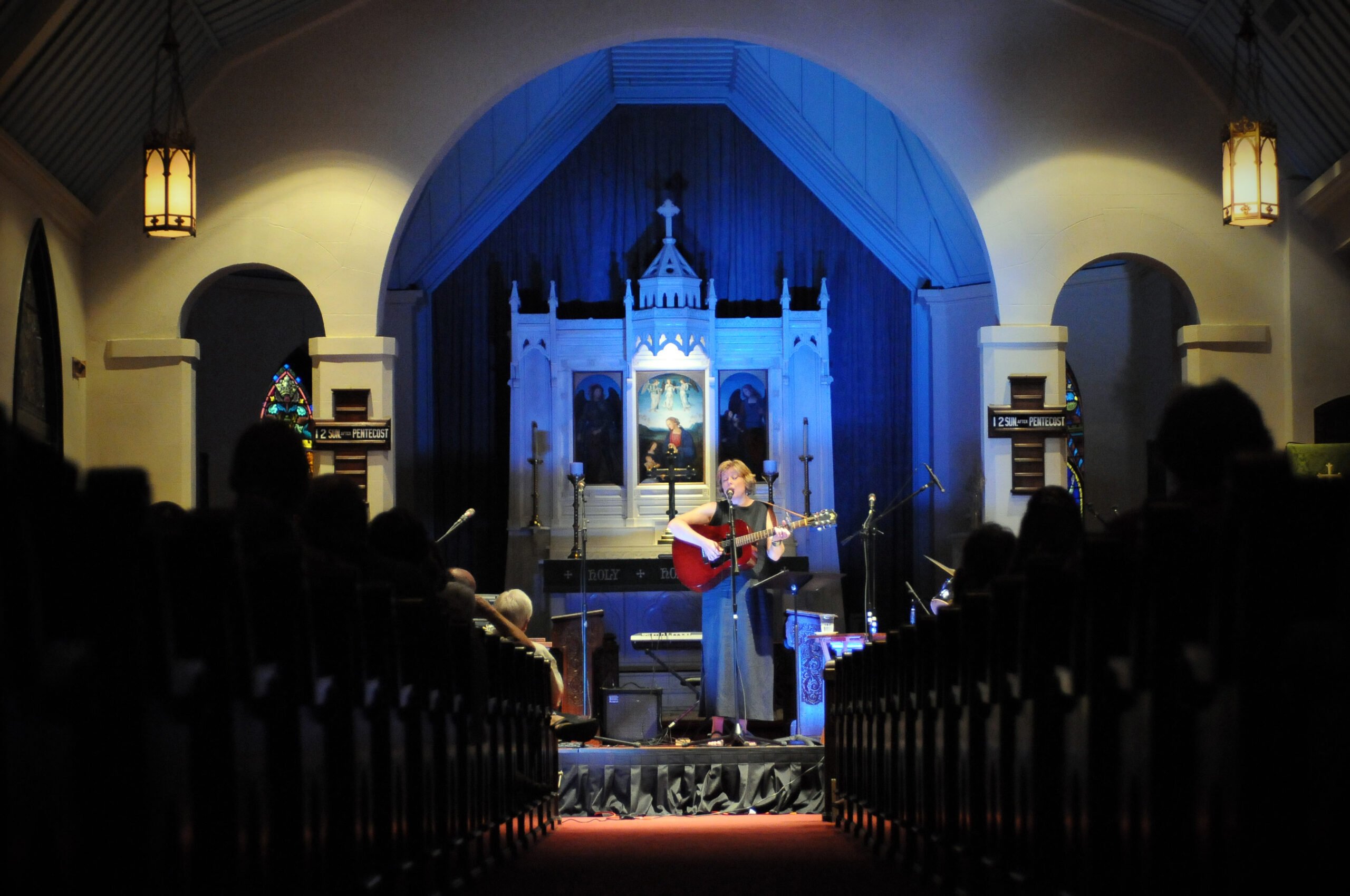
A Sanctuary for Sounds
A well-traveled journalist reveals world music to Austin.
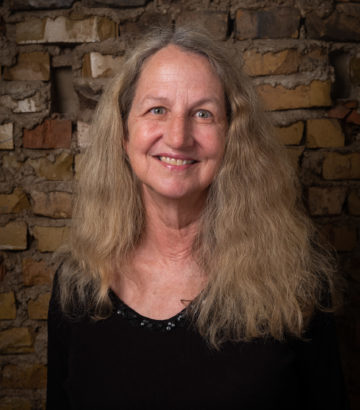
John Burnett, the recently retired, globe-trotting Texas-based NPR reporter (and ace harmonica player/amateur musician) recently decided that Austin really needed a series on world music. So he promptly turned himself into an unpaid promoter and started contacting musicians.
The result: World Music Encounters, a groundbreaking nine-part performance and interview series starting in September in an unusually economical Austin venue that happens to be the historic church, St. David’s Episcopal, where Burnett himself recently got hitched. “We just happened to belong to this really wonderful downtown church that’s open-minded and has a gorgeous 170-year-old sanctuary that just got renovated in time for this series.”
But there’s a more complicated backstory about why this famed radio raconteur decided to start promoting world music for free in the so-called Live Music Capital of the World. He recently spoke to Texas Observer senior reporter Lise Olsen.
This interview has been edited for length and clarity.
So why are you doing this, John?
Well, there’s a lot of ways to contribute, but I didn’t want to write books or do limited freelance. I wanted to use my love of music and creative impulses to do something different.
And I know the Austin music scene really well, and I love the guitar-playing tradition and the harmonica-playing tradition and the singer-songwriters, and the Western swing and the long shadow that Willie [Nelson] casts. I love all that. But this is a bigger town now. We are the 10th largest city in America. And the stages here don’t really reflect that. There are individual clubs, like Plaza Colombia on South Congress, which does sort of tropical music. And then there is Esquina Tango, and the Sahara Lounge’s Africa Night and God love them, but no one has ever thrown a wide net and said, “We want to look at all of the universe of great international musicians who have come to Austin because we’re a musical Mecca.”
“We just happened to belong to this really wonderful downtown church that … has a gorgeous 170-year-old sanctuary that just got renovated in time for this series.”
What astounded me when I started digging around looking for bands is that, my God, there’s some good people here and mostly they have to work out of town and tour. They love being in Austin, but some say, “We’re just not appreciated here.” “We have a hard time getting a regular stage here.” “We’re sort of marginalized because we don’t play the music associated with the live music capital.”
And I thought of how journalism influencers [like me] could help.
I had the great privilege to work overseas a lot for NPR, in many different countries. And I’ve always been a music nut and gone out to hear music wherever I was, in Uganda or Haiti or Colombia or Ireland. I’m enthralled with music and with the notion that music is the universal language.
And … everything’s just kind of fallen into place.
Does everyone you’re featuring actually live in Austin?
Six out of nine live in Austin. Gabriel Santiago, the brilliant Brazilian jazz guitarist just moved from Austin to Denver, [Colorado,] so he’s there now, but his band is in Austin. And then we’ve got this 12-piece, all-female mariachi band coming from San Antonio that is going to raise the roof. And then a personal acquaintance, Mahmud Shawky, this stunningly original Moroccan player who plays a kind of jazz fusion and has written a lot of his own compositions. He’s kind of the toast of New Orleans and the most expensive to bring here, but there’s nothing like him that I’ve heard anywhere. And he’s going to come stay at our house. I mean, we’re doing this on the cheap. His entire band is going to stay with parishioners.
So, there’s been a lot of talk about Austin’s live music venues being endangered post-pandemic—The Hole in the Wall, for example, was just saved by an infusion of cash by the City of Austin. Do you think Austin’s status as a live music capital is threatened?
Absolutely. Austin just gets more and more expensive. But I continue to see crowds at music venues all over town and [of] all ages as well. And I’m you know, I’m an old guy, so maybe I can’t speak to all the hip places on Sixth Street and on the East Side. But I’m pretty plugged in. I know a lot of musicians, and I know a lot of young musicians, and they’re figuring out a way to live in Austin and the environs, whether it’s Lockhart or Manor. Or Kyle or Round Rock. Because this is the place they want to play. They want to build their fans here. The musicianship is so high. And the audiences are very literate: They know good music; they don’t listen to schlock.
What countries of origin are going to be represented? Are most featured performers immigrants who live in Texas?
They’re nearly all immigrants. That’s the beauty of the series. Certainly, some band members were born in Texas. We’re not going to be so severe that everybody has to be foreign-born. But in general, I wanted musicians who were born in their homeland and who play music from there. We start out with Atash, Austin’s kind of world music supergroup, and they come from the Americas, Asia, Europe, and Africa. So they’re a microcosm of the whole series.
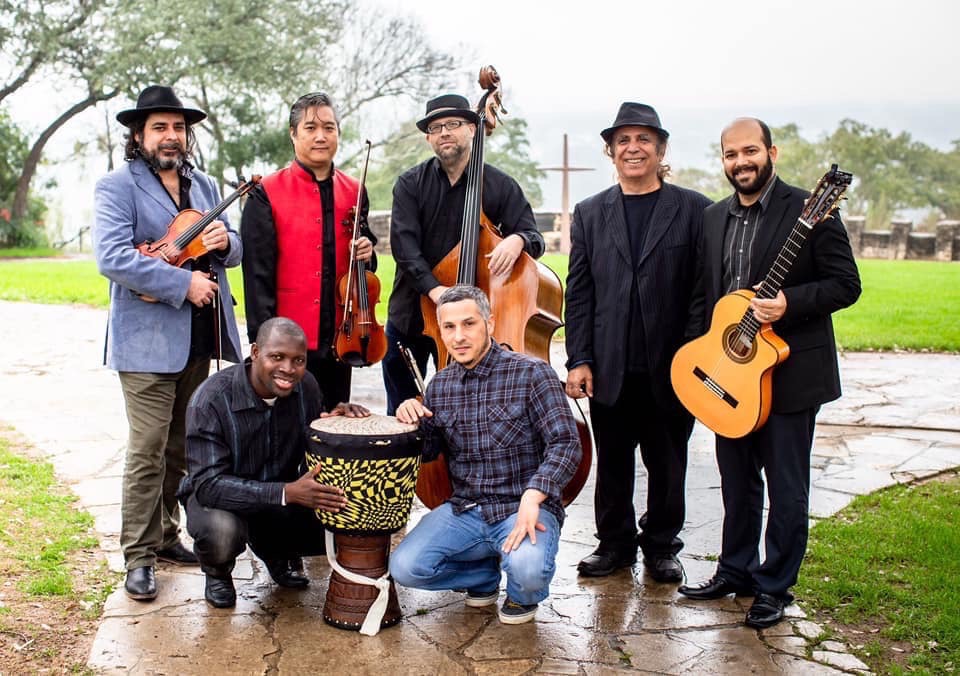
The next group, Ana Barajas and Cruz del Sur, has members from Colombia, Bolivia, and El Salvador. Then Mahmoud Chouki, who’s from Morocco, and he’ll bring his hot jazz band from New Orleans. In December, we have Ulla, Celtic music. And the two superstars are brilliant Irish singers.
In January we have Ibrahim Aminou, who plays the kora, the beautiful 21-string instrument from West Africa. He’s a good example of what it’s like here for these musicians. He’s a brilliant player, but he drives Uber and does DoorDash because he’s got to hustle to make a living, and he plays music from Niger and from Ghana.
In February, we have Gabriel Santiago, originally from Brazil. And in March, we have Mariachi Las Alteňas from San Antonio (who have Mexican roots). Then in April, we’ve got Sofrito y Su Melao, who plays Cuban music. We end with Oliver Rajamani, who is from South India and also Romani but deeply Texan as well. And he has flamenco singers with him. So he has a whole sort of extravaganza.
It’s a cool thing that you’re going to incorporate your 36 years of NPR radio interview skills. I know the series is a partnership with the Downtown Austin Alliance and KUT/KUTX. I wonder if you have any thoughts of recording the interviews for a podcast?
No, but that’s a good idea. We’ve got a wonderful videographer, a friend of mine, Rob Borowicz, who’s going to be filming all of us, though we’re not streaming.
You mentioned you’re doing this on the cheap—why?
Ain’t nobody making any money on this except the musicians. And this is important. I’m not making money. The church is not making any money. There are certainly some expenses to pay. But we’re trying to put as much money as we can in the pockets of marginalized musicians. Then we want to give this gift of this groundbreaking concert series to Austin. And we want them to notice that this is stuff you need to pay attention to. We’re a big city now, and we’re not just: “Home with the Armadillo” anymore.
Note: Ticket prices for the series are $10-35 depending on seating and student discounts. More information about the series, season tickets, and sponsorships is available at stdave.org.
Events will appear as available on Eventbrite.
Correction: An earlier version of this article misspelled the names of Sofrito y Su Melao and Rob Borowicz.


